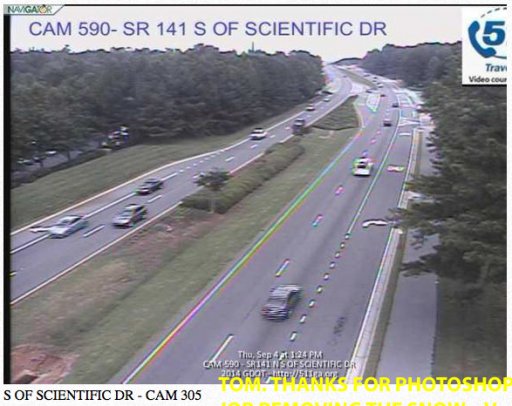You are using an out of date browser. It may not display this or other websites correctly.
You should upgrade or use an alternative browser.
You should upgrade or use an alternative browser.
Debunked: Fake Snow, Burning Snow.
- Thread starter Mick West
- Start date
solrey
Senior Member
Look at all the fake snow that has still not melted by late august on this volcano. No wonder with those unnatural looking chem clouds blocking the sun. OMG, I just noticed a dead tree in the foreground... oh, the humanity. And we picked huckleberries there, now I'll have to throw out ten jars of jam. Anybody who disputes this undeniable proof is a bought and paid for psyop disinfo agent shill!

KAT
Active Member
OMG, I just noticed a dead tree in the foreground..
And you failed to notice two trees TALLER THAN A MOUNTAIN? Too right you need to toss those huckleberries, there is clearly a huge amount of unnatural plant growth hormones there.
cmnit
Member
Just for the record, Italian chemtrailer activists a couple of months ago took a video of "burning snow" in Piancavallo (PD), North-Eastern Alps. They also added results of chemical analysis showing Al quantities slightly higher than EPA recommended limits for drinking water. The usual reposting frenzy from uncritical, no-factchecking audience followed.
The video is here:
It is quite interesting the fact that the ALISTER association who took the original video is actively fighting for "freedom of choice for vaccination", which is another way to say "antivax movement".
The video is here:
It is quite interesting the fact that the ALISTER association who took the original video is actively fighting for "freedom of choice for vaccination", which is another way to say "antivax movement".
cloudspotter
Senior Member.
Link to Metabunk from here
http://www.popularmechanics.com/sci...tterly-ridiculous-conspiracy-theories#slide-1External Quote:
Poisonous Government Snow
Georgia isn't good at snow. Two inches fell in Atlanta last month and, amidst car crashes andtelevision parodies, snow skepticism was born. Georgians bravely took to YouTube, determined to demonstrate that neither matches nor lighters nor blowtorches (a disproportionate number of Georgians seem to own blowtorches) could melt that strange, white stuff that the government insisted was just frozen water. On film, the snow blackens, twists like plastic, and stubbornly refuses to melt.
john Mont
New Member
I was wondering when the fake snow posts would start.Link to Metabunk from here
http://www.popularmechanics.com/sci...tterly-ridiculous-conspiracy-theories#slide-1External Quote:
Poisonous Government Snow
Georgia isn't good at snow. Two inches fell in Atlanta last month and, amidst car crashes andtelevision parodies, snow skepticism was born. Georgians bravely took to YouTube, determined to demonstrate that neither matches nor lighters nor blowtorches (a disproportionate number of Georgians seem to own blowtorches) could melt that strange, white stuff that the government insisted was just frozen water. On film, the snow blackens, twists like plastic, and stubbornly refuses to melt.
Even had the faint hope that they wouldn't start.
cmnit
Member
MichelleHopkins must have stumbled onto an article or research paper on Pseudomonas syringae that happened to be published in 2010 or something but naturally occurring ice nucleating bacteria, including P. syringae, have been studied for over 40 years. ...
The first appearance of Pseudomonas Syringae in connection with its ice nucleation capabilities should be:
Vali et al (1976):
"Biogenic Ice Nuclei. Part II: Bacterial Sources", J. Atm. Sci. 33 (8).
External Quote:
AbstractTransient appearance of ice nuclei active at temperatures of −2 to −5°C has been noted to accompany the natural decay of plant leaf materials. It was shown that the development of these nuclei results from the presence of a bacterium which was identified as Pseudomonas syringae. These bacteria produce highly active nuclei in a variety of growth media. Evidence points to the fact that the bacterial cells themselves are the nuclei, but that nucleating capacity is a rare and changeable property of the cells. The findings raise the possibility that bacteria may play a role in atmospheric precipitation processes.
Similar threads
- Replies
- 124
- Views
- 9K
- Replies
- 0
- Views
- 559
- Replies
- 36
- Views
- 4K
Latest posts
-
-
-
Synchronicity - What's your experience of it?
- Latest: Todd Feinman
-

